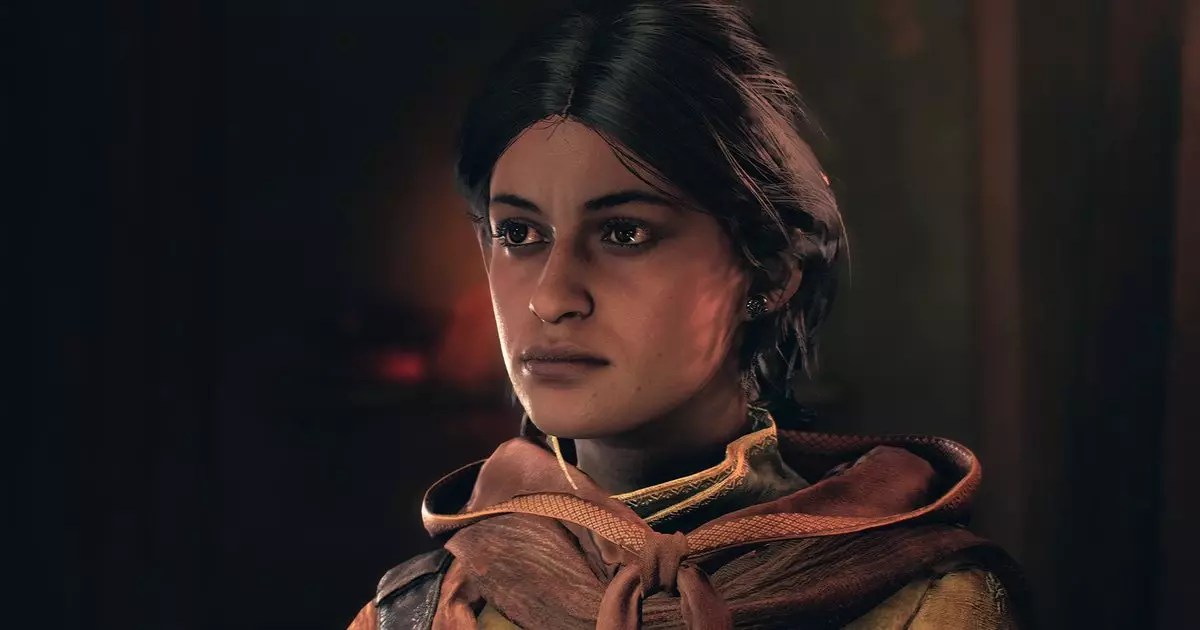In an industry characterized by perpetual innovation and rapid change, the recent layoffs at Reflector Entertainment serve as a poignant reminder of the precarious nature of employment within video game development. As reported by various sources, including gaming journalist Ethan Gach, Reflector Entertainment—a Montreal-based studio owned by Bandai Namco—has seen multiple employees laid off shortly after the release of their ambitious title, *Unknown 9: Awakening*. While the studio has refrained from issuing an official statement regarding the layoffs, the visible distress among affected workers highlights the everyday realities faced by many in this creative sector.
The aftermath of layoffs is seldom simple; each departed role represents not just a loss of talent but a disruption in collaborative creativity. It becomes apparent from observing the range of positions affected—spanning art, design, UI, lighting, and narrative—that the cuts were indiscriminate, touching all corners of the studio’s operations. This trend underscores a growing concern: how the pressures of budget constraints and corporate oversight are strangling the very creativity that drives the industry forward.
*Unknown 9: Awakening*, with its intriguing mix of alternate history and supernatural abilities, was positioned to be a flagship title for Reflector. The game invites players into a narrative-rich world where they assume the role of a “Quaestor”—a character gifted with unique skills—navigating a storyline intertwined with global conspiracies. However, early indicators suggest that despite the studio’s investment in fleshing out this universe—with accompanying novels, podcasts, and comics—*Unknown 9* has not resonated well with audiences, reflected by its mixed reviews on platforms like Steam.
One cannot help but question whether the game’s marketing strategy—or lack thereof—played a role in its underwhelming reception. After a teaser trailer in 2020 generated initial excitement, the silence surrounding the game might have contributed to its lukewarm performance upon release. By combining elements reminiscent of blockbuster franchises like Tomb Raider and Assassin’s Creed, the game seemed poised for success but ultimately faltered in delivering a cohesive experience that captured the gaming community’s imagination.
Reflector’s misfortunes are not isolated incidents; they echo a broader trend in the gaming industry, which has seen multiple studios face financial hardships. Bandai Namco’s history with cutting costs—evident in the recent shut down of some of its Japanese studios—raises significant questions about the sustainability of creative endeavors in such a profit-driven environment. As the company seeks to streamline operations, the question remains: at what cost does creativity perish?
The reality is stark. The gaming industry often prioritizes financial success over creative integrity, leading to a cycle where studios invest heavily only to face forced layoffs when titles do not hit projected sales targets. The cancellation of several games due to “higher than expected” development costs reflects a troubling mindset where economic pressures eclipse artistic ambitions.
What does this mean for the workers and creatives currently navigating this turbulent landscape? For professionals like 3D modellers, character artists, and game designers, the fallout from Reflector’s layoffs is a stark reminder of the industry’s volatility. It is a cautionary tale underscoring how employment in a field brimming with passion and potential can be jeopardized by corporate decisions made far removed from the creative process.
As reflections on these events circulate, it becomes imperative for both industry stakeholders and audiences alike to champion a culture that values not just profitability, but the creative spirit that fuels games. There is an urgent need for a balance between survival and creative expression—one that nurtures not only the blockbuster titles of tomorrow but also the countless passionate stories that reside within the hearts of its creators.
In the end, the fate of Reflector Entertainment and its recent layoffs echoes beyond its studio walls. It serves as a crucial reminder for the industry that while striving for success, the very essence of creativity—the stories being told and the people telling them—must not become collateral damage in the pursuit of monetary gain.


Leave a Reply